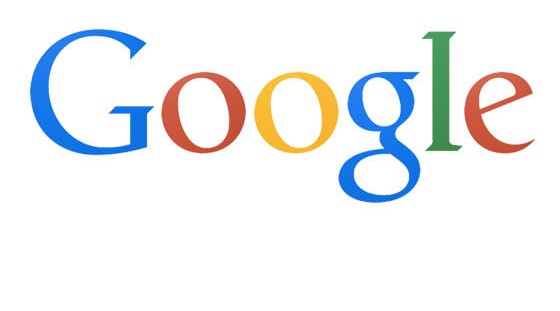The Digital Pond welcomed a panel of the brightest minds in digital marketing to share their thoughts on the biggest talking points this year, as well as forecasting the trends that are likely to influence next year’s marketing strategies. As Cyber-Duck’s Client Marketing Manager, I summarise the key points from the event.
Semantic SEO
I thought I would start with something that has been somewhat of a major talking point recently. Earlier this year, Google launched their Hummingbird Algorithm update. The refresh has been reported to favour conversational based search queries as users are now starting to quiz Google, as if the search engine was human.
For example, if a user searches “Where can I buy Manchester United tickets?” and a ticket vendor has utilised the opportunity to mark up relevant information, then data about the date, opponents and location of these games can be displayed. This provides the user with relevant information from within Google’s search results page, thus boosting their chances of receiving a click. Thanks to Google Hummingbird, it’s imperative that all web owners look to semantically mark up their website or risk falling behind the competition.
Schema.org is a website that provides a variety of HTML tags, enabling you to mark up relevant content found on your website. Implementing these tags will mean that extra, relevant information will be displayed to users in the search engine result pages (SERP’s) specific to their search.

Relevant information is displayed in a search engine result.
Mobile Optimisation
At last year’s panel, I predicted that mobile optimisation would be the big talking point of 2013 and this prediction came to fruition. This year has seen more and more webmasters realise the need to have a mobile ready website. Moving into 2014, mobile optimisation will still be a hot topic, but I believe it will be centred around the adoption of responsive web design which ensures that websites are optimised for all devices on the market, regardless of screen size or device performance.
A responsive website adapts to the size of the users browser, meaning content and images scale up or down, depending on the device used to access the website. There are a variety of benefits for going responsive, including an enhanced user experience (UX) for your website (both in terms of layout and speed), increased search engine rankings (Google have stated that they look favourably on responsive websites… hint, hint), and it provides an opportunity to update and refresh the content of your website. With mobile internet browsing supposedly surpassing desktop browsing by 2015, responsive will certainly become even more of a significant factor when ranking in the search engines.

I delve into digital marketing at The Digital Pond.
Emerging Social Channels
Social media was another big talking point throughout the evening and in particular, there was a lengthy discussion about which social channels to adopt in 2014. The general consensus from the panel was that most businesses will be investing their time and budget in Facebook and Twitter, giving rise to those looking to stand out from the crowd with lesser-utilised social networks, such as Instagram, Vine or Snapchat.
As marketers, we have always been encouraged to create quality content that sticks, but with the rise in platforms like Snapchat, 2014 presents us with the concept of disposable content. How can we effectively communicate with our audience using content which quickly vanishes? And how will we be able to monitor the effectiveness or calculate the ROI of this disposable content?
The above questions will deter many brands from thinking outside of the box instead of choosing to play it safe. This hesitation will present a huge opportunity for innovators with a good idea to stand out. Take MTV for example who created a Snapchat account to promote the new series of Geordie Shore by sending 10-second adverts to fans of the show, aligning the controversial nature of both Snapchat and Geordie Shore.
Conclusion
The common theme reiterated by all members on the panel is to provide users with relevant information in a user-friendly way as we move into 2014. This is the best way to engage your audience, so remember to trial new ideas, adopt the latest technologies and validate the success of all marketing communications with continual testing of your marketing activities.
Watch below for the full panel discussion.
If you would like to find out more about how Cyber-Duck could help you with your marketing strategy, get in touch today.




